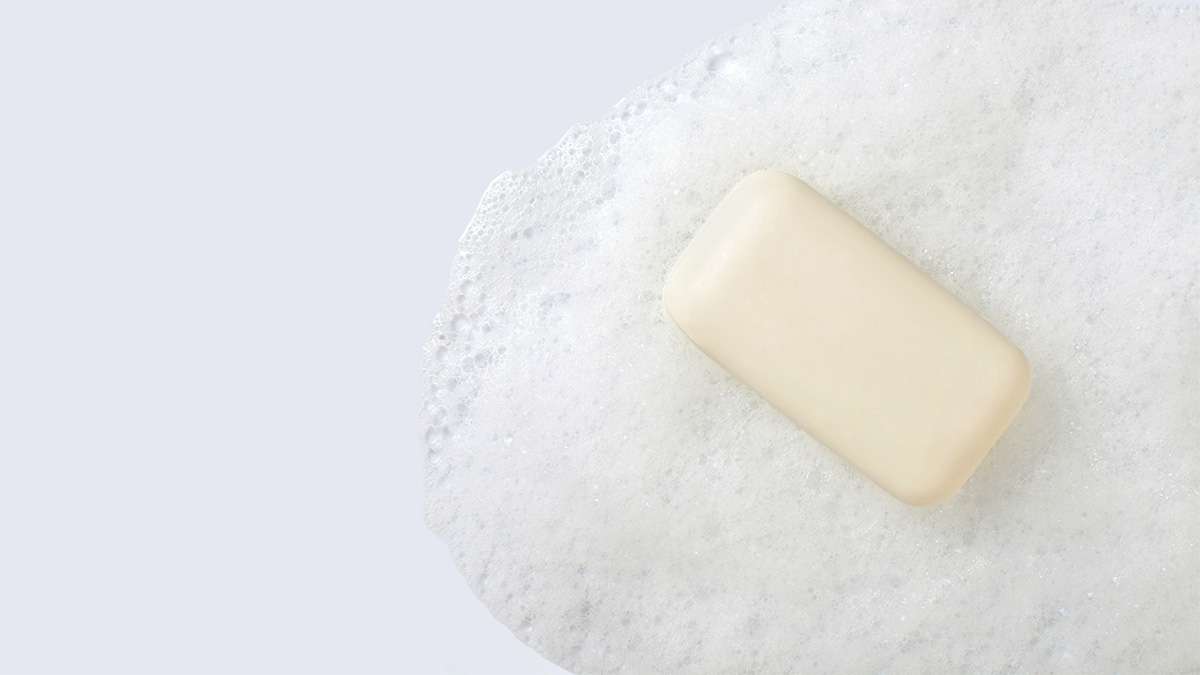About Hygiene

Hygiene can refer to a number of different practices that can help to keep you and others healthy. There are many ways you can keep yourself and your environment clean to promote healthy living. A few important practices include personal hygiene, proper infant diapering and feeding, and everyday cleaning.
- Personal hygiene refers to regularly washing parts of the body and hair with soap and water (including washing your hands and feet), grooming nails, facial cleanliness, covering coughs and sneezes, and menstrual hygiene. Personal hygiene practices can help you to feel fresh and healthy.
- Infant feeding hygiene involves the careful cleaning, sanitizing, and storage of infant feeding items, such as baby bottles and breast pump parts to prevent germs from contaminating milk.
- Safe and healthy diaper hygiene at home or childcare settings reduces the spread of germs and prevents babies and caregivers from getting sick.
- Everyday cleaning in places you spend time, like your home, facilities, and early care and education settings, are effective ways to prevent the spread of disease and illness by removing germs from surfaces.
Fast facts
- According to the World Bank, hygiene promotion is among the most cost-effective health actions to reduce disease.
- As of 2022, 2 billion people lack basic hygiene services (handwashing facilities with soap and water) in their homes, and 1.3 billion people had handwashing facilities that lacked water or soap.
- Worldwide, 75% of people had access to basic hygiene services in their homes in 2022.
- Research estimates that improved hand hygiene practices could prevent 165,000 (or 12% of) deaths caused by diarrhea around the world each year and 370,000 (13% of) deaths from acute respiratory infections.


